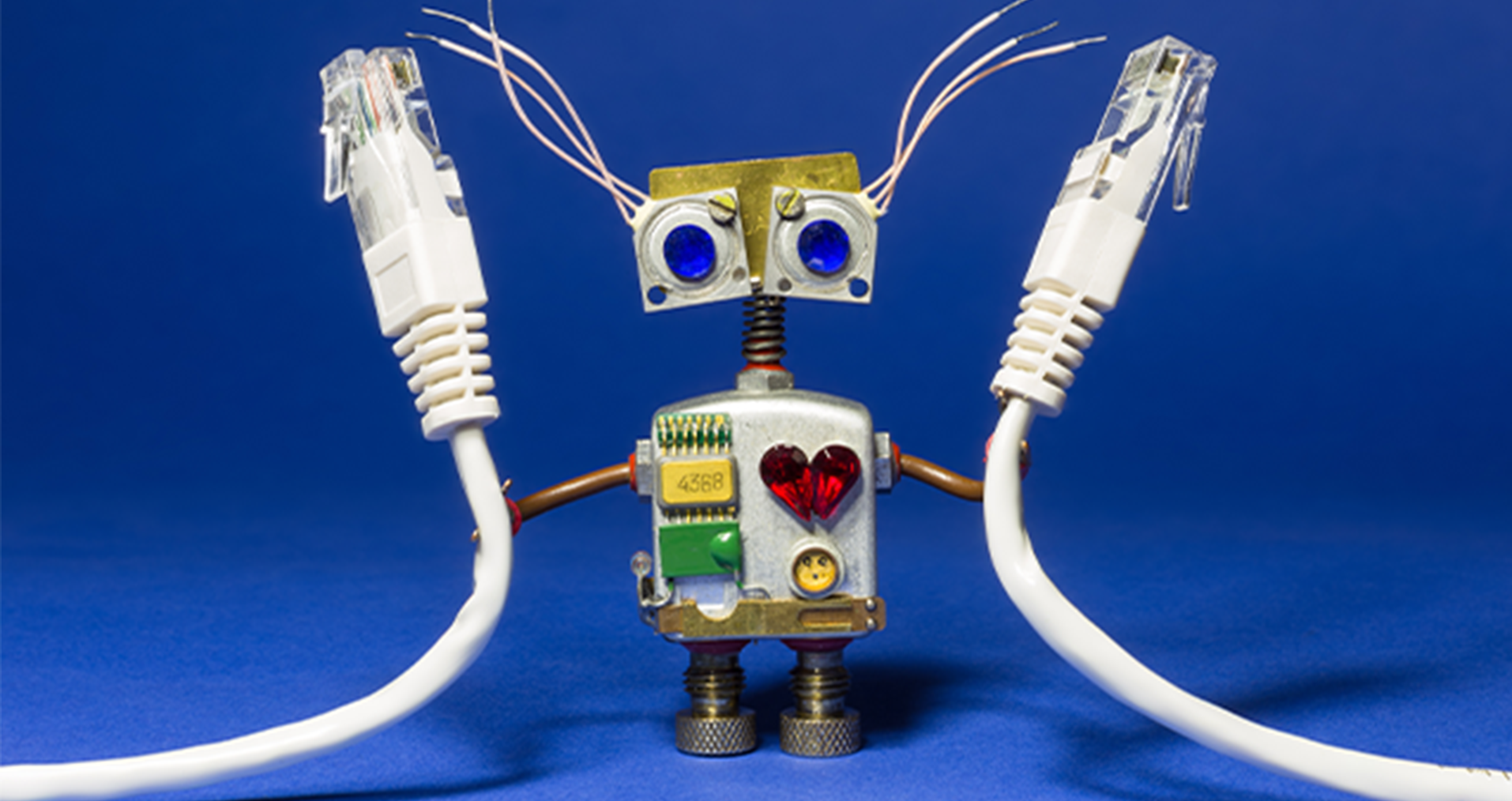Get Fast Internet (That Isn’t Fibre)

Can't convince a service provider to route a fibre cable your way? Here are some super-fast alternative ways to get your home online.
If you're old enough to remember the modem symphony that played whenever you dialled into the Internet, the world of modern fibre connectivity is a thing of wonder. But what if your area hasn't yet been blessed with the ability to deliver information to you, literally at the speed of light? Here's a look at some other high-speed alternatives.
4G LTE: Your (Cellular) Tower of Power
4G LTE connections use the same technology as mobile phones to connect users to the online world. Whether you're connecting via your phone or you have a separate modem with a SIM card inside it, you're effectively riding on a cellular network. Dial a Nerd MD Aaron Thornton says that LTE solutions are popular in South Africa because they offer mobility, high speeds and are relatively cost-effective.
"Many people rent their properties and have issues getting their landlords to agree to the expense of installing a fibre line," he says. "Also, getting a mobile LTE connection means you can take it with you when you move, or if you need to head out to work, to make sure that you stay connected."
With 4G LTE the most important thing to look out for is whether you fall within the mobile coverage area for the network you've selected – and at the speed you wish to connect at. Look at online coverage maps, like the one on Hippo's LTE comparison tool. "That'll show you the rough geographical area covered by the network," says Thornton. "In an ideal world you'd be able to test the device in your home or office before you buy, but that's not easy to do."
Wireless: Connecting Point-To-Point
Wireless or microwave connections are point-to-point connections to the online world that use an access point mounted outside your building to connect to a nearby wireless device, within a few kilometres. That wireless device is the hub that houses the Internet connection (which is usually fibre), and your dish or mounting point is the way you connect to that.
"This kind of connection was popular before fibre to the home (FTTH) became viable and common, but it was also quite expensive," says Thornton. . "It's still commonly used in rural areas by small towns or farmers who don't have access to mobile or fibre infrastructure."
Satellite: Beam Me Up!
Satellite connectivity – which involves using a dish to connect to a satellite that provides online access – remains expensive and is only really used in extremely remote areas or for specialised connections required by banks or industry.
You'll most likely have used satellite connectivity on board an aircraft or on a cruise liner – and if you have, you'll know how painfully slow it can be, as well as how quickly using it will burn a hole in your pocket. "It was popular a few years ago, but as LTE and fibre infrastructure rolled out, they replaced satellite connections quite quickly," says Thornton.
DSL: Copper And Robbers
DSL used to be the go-to Internet connection, back when Telkom was pretty much South Africa's only way to get online, fast. It relied on the same copper cabling as telephone lines and offered varying degrees of speed, but it also came with regular downtime, thanks to the country's copper theft problem.
Telkom has phased out its DSL offering and migrated those clients who stuck with it to fibre via its 21st century arm, OpenServe.
Which Is Best?
So, what's the expert's suggestion? "If you can, get a fibre connection, as it's the cheapest and fastest way to connect to the Internet," says Thornton. "But if not, then LTE or 5G is your next best step."
We like to make life easy, so you can compare packages and costs from various providers for Home or Business Fibre, or LTE, with our Hippo Internet comparison tool. Happy – and speedy – shopping!
This article is for informational purposes only and should not be construed as financial, legal or medical advice.
Hippo Blog Categories

































